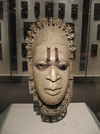
In this lesson, students will take the time to share their strongest work and to celebrate the writing of themselves and their classmates.
- Subject:
- English Language Arts
- Reading Literature
- Material Type:
- Lesson Plan
- Date Added:
- 09/21/2015

In this lesson, students will take the time to share their strongest work and to celebrate the writing of themselves and their classmates.

In this lesson, students will continue writing the draft of their personal narrative.
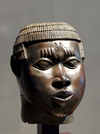
In this lesson, students will work to finish the revision of their personal narrative.

Now that students have completed Your Character Narrative, it’s time to begin planning the second part of their project: their personal narrative. In this lesson, they’ll mine their personal journal entries for materials, and they’ll begin planning and outlining their first draft.
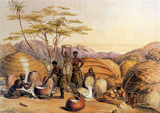
Do other people’s perceptions of us teach us anything about ourselves? What do we hide from those around us? In this lesson, students will think about how their character’s self-image differs from what others see about him or her. Then, students will begin planning their Things Fall Apart narrative.
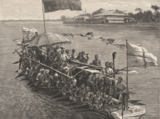
In this lesson, students will identify and practice using active verbs and strong, descriptive language as they work to show rather than tell their reader about the important conflicts of their narrative. Students will then begin working on a first draft.
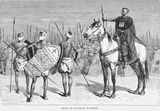
In this lesson, students will work on their final revision. This is the last class period that they will have to work on this narrative. If they finish early, a variety of extension opportunities will be available to enhance their narrative.
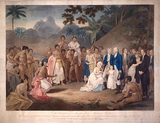
In this lesson, students will work with their writing groups to revise the first draft of their narrative, looking closely at descriptive language, as well as introductions and conclusions.

A reader’s first impression of a writer is his or her language use. In this lesson, students and their groups will work to make sure that their final drafts make the best impression possible: they’ll edit each other’s work for language use, spelling, and punctuation.
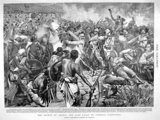
The purpose of this first informational Benchmark Assessment (Cold Write) is to determine what students already know about informational writing. Students will respond to a writing prompt, and you will score results as a measure of early work. Then they’ll finish their first revision of Your Character Narrative. They’ll write, confer with you, and perhaps get some help from group members.
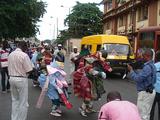
As students have seen to this point, different characters react differently to the coming of the Christian missionaries. In this lesson, students will participate in a discussion in character: their characters will debate whether Christianity has been a good thing for the Igbo people.

There are different ways of gaining authority or control as an outsider. In this lesson, students will begin to examine how Mr. Brown, one of the missionaries, won converts to his religion and way of life despite being outnumbered.
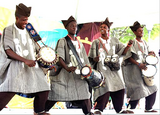
In this lesson, students will analyze Reverend Smith’s approach, contrasting it with Mr. Brown’s. They will think about why Chinua Achebe would include such an opposite pair of characters, and whether there are any other such opposites in the novel. Finally, students will prepare for another discussion.
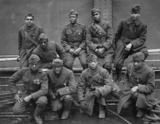
What defines a community? In this lesson, students will begin to analyze the Umuofuan community, where Okonkwo lives. Students will think about how their character perceives this community, and consider how they perceive the community they belong to.
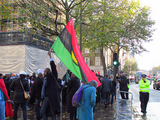
Can a person be both admirable and flawed at the same time? In this lesson, students will look more closely at the character of Okonkwo. Students will figure out what his most admirable qualities are, as well as some of his flaws. They will also decide whether Okonkwo has the potential to be a tragic hero.
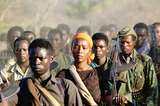
Does being part of a community mean that you accept the values and customs of that community? In this lesson, students will begin to analyze what they know about Umuofian society, and try to figure out how various characters feel about its customs.

In this lesson, students will debate the fairness of Umuofian society and whether anything needs changing. They will remain in character, ensuring that all sides of the issue are fully explored and defended.
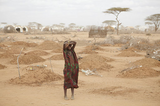
What roles do men and women play in Umuofian society? How are expectations of husbands and wives, sons and daughters, brothers and sisters, different from each other? In this lesson, students will examine gender roles and expectations in Umuofian society.Read the lesson and student content.Anticipate student difficulties and identify the differentiation options you will choose for working with your students.
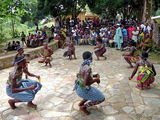
In this lesson, students will create found poems—poems using language from the novel itself—to explore the impact that colonialism has on people’s self-esteem, and on the Igbo people in particular.
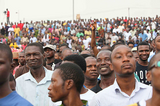
What has “fallen apart” in this novel, and who’s to blame for this destruction? Could Okonkwo’s fate have been avoided? Could Umuofian society have held together better? How? In this lesson, students will participate in a discussion to reflect on and attempt to answer these questions and others.